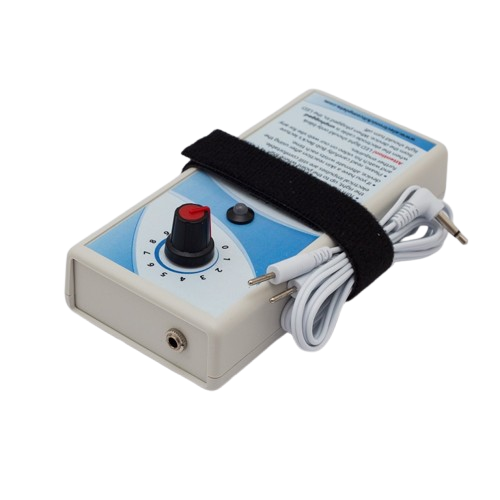Nikola Tesla
(1856-1943) was a Serbian-American inventor, electrical engineer, and physicist who made significant contributions to the field of electrical engineering. He is widely recognized for his pioneering work in developing alternating current (AC) electrical systems and numerous inventions that revolutionized the world.
Tesla’s most notable achievement was the development and promotion of AC power transmission. He believed that AC was superior to direct current (DC) for the distribution of electricity over long distances. Tesla’s AC system allowed for more efficient and economical transmission of electrical power, making it possible to harness electricity and power industries, homes, and cities.
One of Tesla’s most iconic inventions was the Tesla coil, a resonant transformer circuit that could produce high-voltage, low-current electricity. The Tesla coil is still used today in various applications, including wireless transmission of electricity and radio technology.
Tesla’s work also included advancements in electromagnetism, wireless communication, and wireless power transmission. He envisioned a world where electricity could be transmitted wirelessly, and he conducted experiments to demonstrate the feasibility of wireless power transmission.
Among Tesla’s other notable inventions are the induction motor, which revolutionized industrial power systems and is still widely used today, and various electrical devices and circuits that laid the foundation for modern electrical engineering.
Despite his remarkable contributions, Tesla faced financial difficulties and struggled to gain widespread recognition during his lifetime. However, his work and ideas have had a lasting impact on the development of technology and the modern world.
Tesla’s legacy as a visionary inventor and his contributions to the field of electrical engineering continue to be celebrated today. His name is associated with innovation and groundbreaking ideas, and he is considered one of the greatest inventors and scientists in history.
